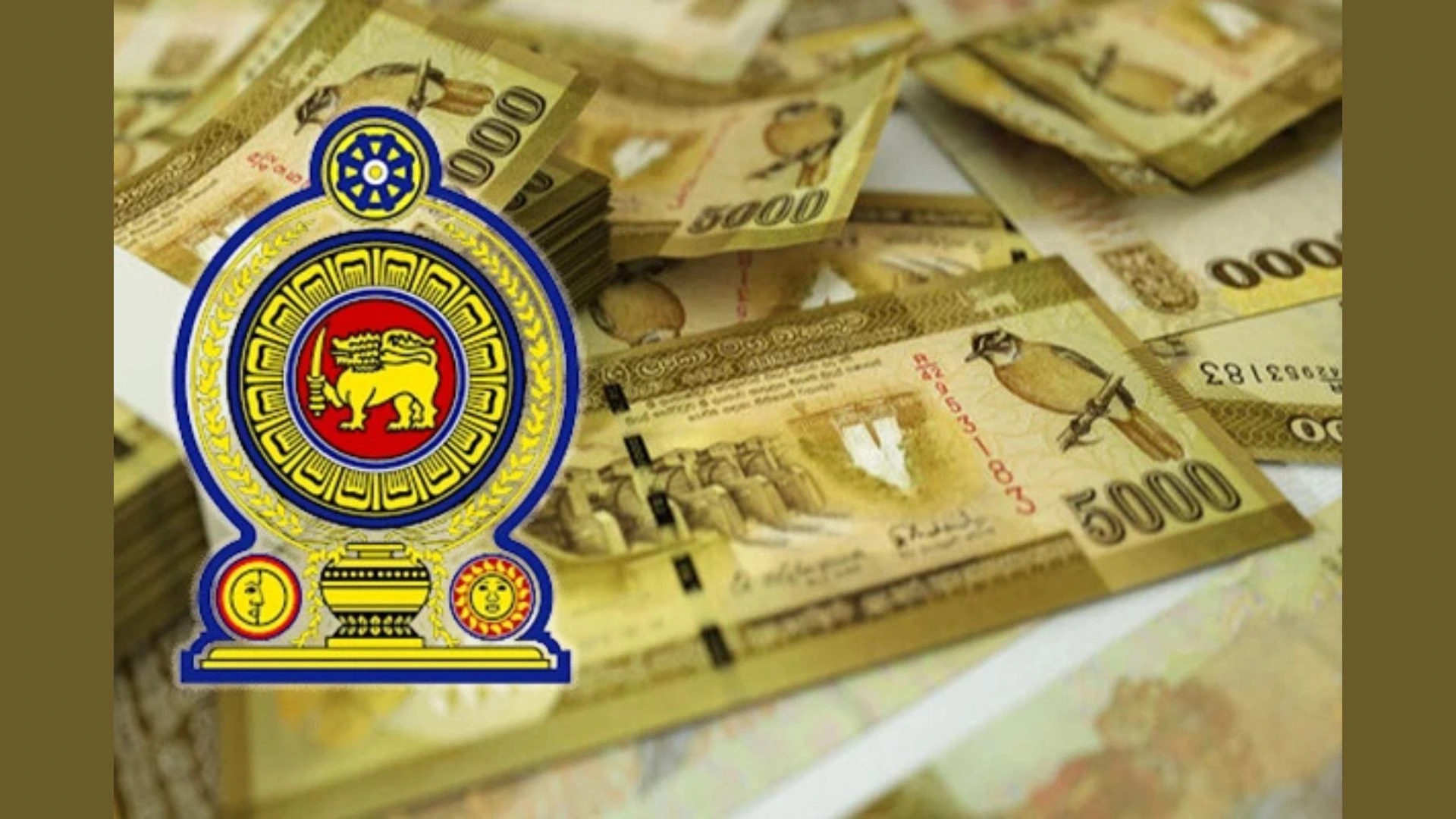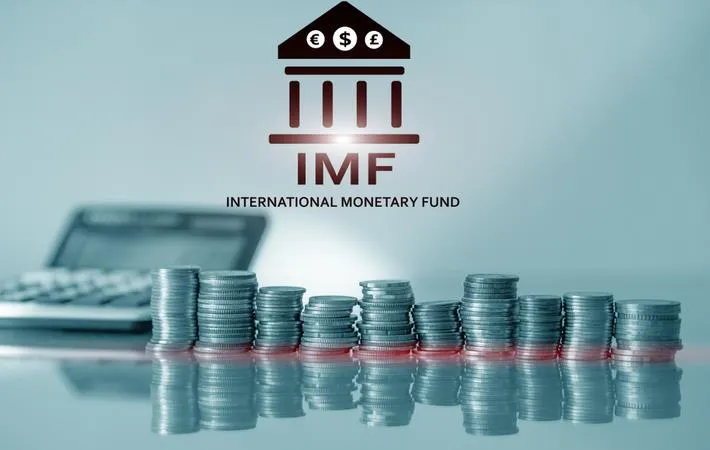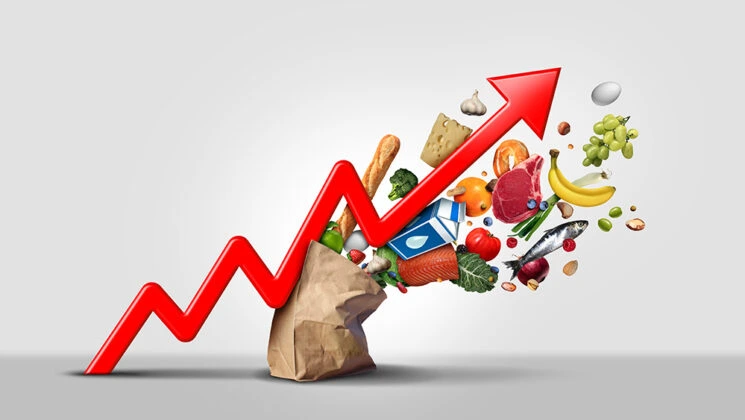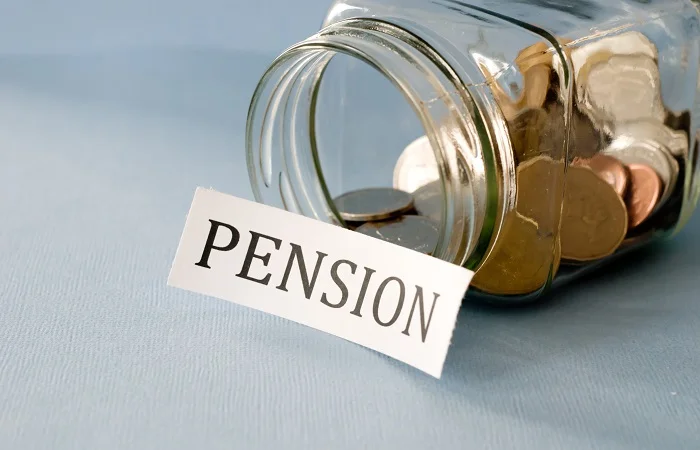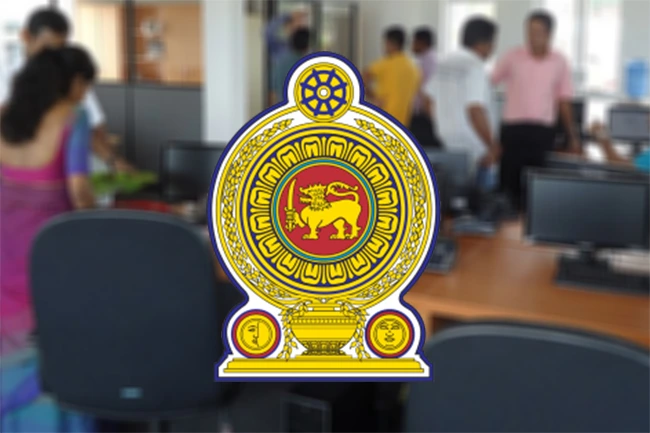Aswesuma Welfare | According to data from the Department of Census and Statistics in 2024, Sri Lanka has approximately 5.2 million families. Yet, an astonishing 4.3 million have applied for Aswesuma welfare benefits, a figure that suggests more than mere economic hardship. As analyst Upali Pannala observed, the problem lies not only in poverty but in a deepening “handout mentality” a mindset that expects help as a default right rather than as temporary relief. This phenomenon is no longer just an economic issue; it is a cultural and political one, undermining the nation’s ability to progress.
From Self-Reliance to State Dependency
For decades, Sri Lanka has prided itself on a strong welfare tradition; free education, free healthcare, and subsidies across agriculture and public transport. These achievements lifted millions out of poverty and built social equity after independence. But over time, what began as a tool for empowerment has morphed into a system of dependency.
The alarming Aswesuma numbers reveal that most households now look to the state as their primary safety net. This suggests a growing reluctance to take ownership of personal economic advancement. A culture of expectation has replaced a culture of effort.
Political Roots of the Welfare Addiction like Aswesuma Welfare
Sri Lanka’s political class bears much of the responsibility. Welfare populism became a central strategy for winning votes. Free uniforms, fertiliser subsidies, fuel price relief, and debt write-offs each new administration expanded benefits to keep public favour.
Rather than reforming the system, successive governments entrenched it further. The result is an economy addicted to populism. Every election cycle deepens the dependency, leaving the treasury overburdened and citizens psychologically conditioned to expect gifts rather than opportunities.
This cycle has eroded the distinction between rights and privileges. Assistance meant for the vulnerable now covers those capable of self-sufficiency. As Pannala notes, Sri Lanka’s issue is no longer limited to financial poverty it is a form of psychological poverty, where people believe survival depends on political patronage.
The Economic Cost of Handouts
The cost of maintaining welfare-heavy budgets is enormous. A state that spends beyond its capacity on subsidies must borrow or print money, feeding inflation and currency depreciation. Sri Lanka’s recent financial crisis the worst in modern history exposed how unsustainable welfare expansion can be when it is not linked to productivity.
When 80% of families apply for relief, the state cannot effectively target those in genuine need. It dilutes resources, weakens fiscal discipline, and fuels resentment among tax-paying citizens. Worse, the culture of aid discourages entrepreneurship and small business resilience. The belief that “the government will provide” kills initiative the foundation of any productive economy.
Historical and Social Dimensions
Sri Lanka’s dependency culture has deep roots. The colonial economy discouraged self-sufficiency by funnelling local labour into plantation industries controlled by British capital. After independence, post-colonial governments replaced imperial control with state paternalism promising welfare in place of empowerment.
This continuity created what sociologists call a “soft state”: a system where the public expects care but resists accountability. Generations raised in such a climate internalised dependency as normal. It is now embedded not just in rural areas but in middle-class thinking, visible in expectations for public sector jobs, political connections, and subsidies for daily living.
Lessons from Other Nations
Countries like Vietnam and India faced similar crossroads but chose structural transformation. Vietnam moved from universal subsidies to targeted assistance tied to skill-building and productivity. India digitised its welfare delivery through Aadhaar, cutting leakages while promoting micro-entrepreneurship through self-help groups.
Sri Lanka’s welfare state, by contrast, has lagged behind these reforms. It continues to distribute aid broadly rather than strategically, trapping both the poor and the economy in stagnation.
Toward a Mindset Shift
Reform must begin with education and policy alignment. Welfare should be conditional on participation in skill training, microenterprise, or community projects. Schools and media must promote values of dignity in work, financial literacy, and personal responsibility.
At the same time, policymakers must resist populist temptation. Fiscal sustainability requires courage to tell the truth that not every citizen can be on welfare indefinitely. Empowerment must replace entitlement.
Private enterprises, too, should be part of the solution by expanding employment and vocational pathways. Public-private cooperation in reskilling and rural development can offer real alternatives to dependence.
Breaking the Political–Psychological Trap
Pannala’s warning is both timely and profound. Sri Lanka’s crisis is not only economic; it is mental and moral. The longer the state feeds dependency, the weaker the nation’s collective spirit becomes. Escaping this trap requires honesty from leaders and maturity from citizens.
If Sri Lankans cannot free themselves from the culture of handouts reinforced by both politicians and voters progress will remain a slogan, not a reality.
True development begins when citizens stop asking, “What will I get?” and start asking, “What can I build?”

